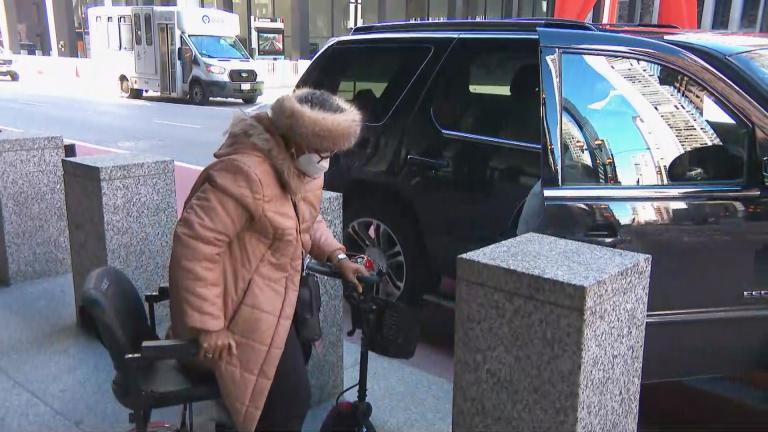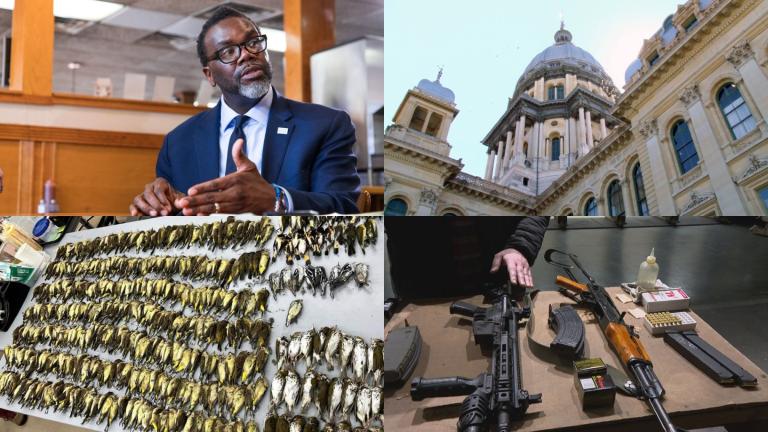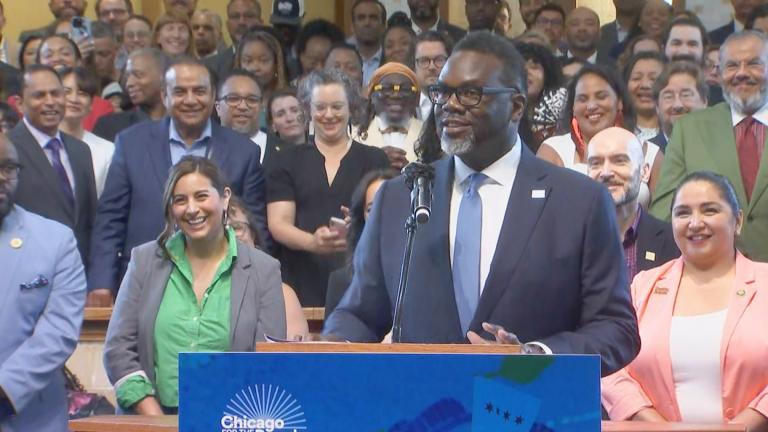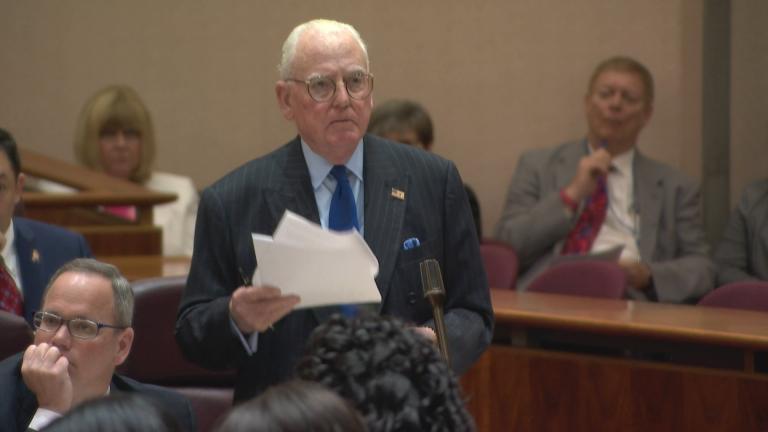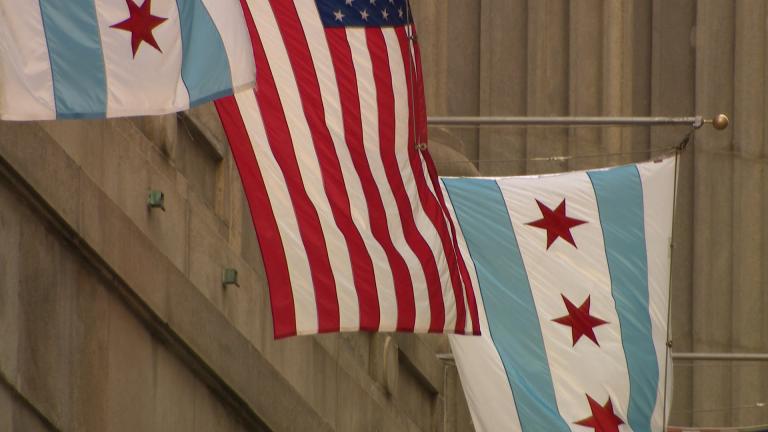February’s municipal elections are not just about the race for mayor or Chicago City Council. There are also dozens of candidates running for brand new positions: police district councils.
Voters will decide on members of the councils who will work with each of the city’s 22 police districts.
Those districts will then nominate seven people to serve on a commission to oversee the entire Chicago Police Department.
“Chicago Tonight” spoke with Anthony Driver Jr., president of the Community Commission for Public Safety and Accountability, and Damon Smith, deputy director for district councils with the Community Commission of Public Safety and Accountability, to hear more about these new roles.
What will the police district councils do?
“This council will be a liaison between the community and the local police district,” Smith said. “ … We want more direct input into how policing is done in our districts.”
Community members will be able to provide input on Chicago Police Department policies and practices, develop and expand restorative justice programs and hold monthly meetings to address concerns, among other things.
They will also nominate the seven people to serve on the citywide commission.
What’s the role of the commission?
“We have a big role to play in public safety,” Driver said.
The commission will have the final say on policy for the police department, but it gives the mayor a veto that could be overridden by a two-thirds vote of the Chicago City Council. They will also search for a new police superintendent when that position is vacant.
The commision also has the power to pass a resolution of no confidence in the superintendent and any member of the Chicago Police Board with a two-thirds vote — which could bring City Council action.
And, they have the power to hire the head of the Civilian Office of Police Accountability, or COPA, which investigates police misconduct.
Of those seven commissioners, five must have lived in Chicago for at least five years and have an expertise in either law, public policy, social work, psychology, mental health, public safety, community organizing, civil rights or advocacy on behalf of marginalized communities, according to the rules for the commission.
It must be made up of at least two North Side residents, two South Side residents and two West Side residents.
At least two commissioners must be attorneys with expertise in civil rights, civil liberties, or criminal defense or prosecution. Another commissioner must have experience in community organizing. And two other commissioners must be between the ages of 18 and 26, according to the commission’s rules.
How is it different than the current Chicago Police Board?
“This is different because this is a full wraparound aspect of police and public safety,” Smith said. “The Police Board has investigative powers and what we’re here to do is front-end accountability work.”
“We’re here to provide opportunities for the community to be involved in the policing process before incidents happen of misconduct,” he added.
What impact might this have on public safety?
“The community needs to be involved. We’ve tried every other type of oversight. We went from [Independent Police Review Authority] to [Civilian Office of Police Accountability], to giving more power to the Police Board. We tried everything but giving the community an actual voice. So this commission exists to serve residents and residents have a direct voice in that through their voice at the ballot and also having a hyperlocal form of government,” Driver said.
Why was this created?
The Chicago City Council voted to create the Community Commission for Public Safety and Accountability over a year after debate between Mayor Lori Lightfoot and alderpeople who called for the board to have actual authority over the police department.
It’s also been a yearslong fight between different groups to provide more thorough police oversight, Driver said. Eventually, Empowering Communities for Public Safety came together, which was over 150,000 Chicagoans, 17 labor unions, and over 100 community and faith organizations to push for the commission to pass in City Council, Driver said.

